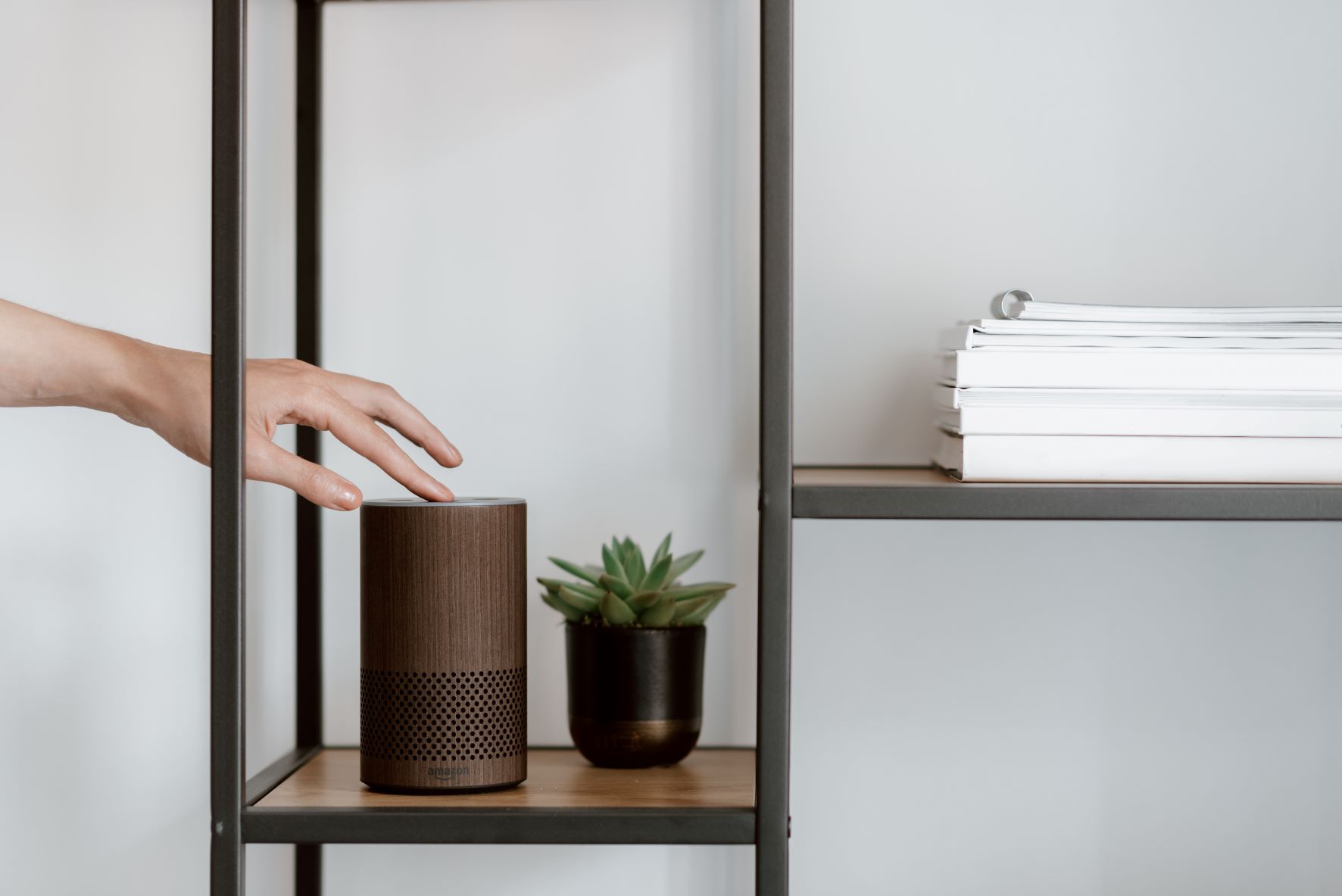
The future of technology is here, and it’s changing our lives in ways we never imagined. Among the most advanced developments are smart home devices, which greatly impact modern life. From voice assistants to connected cars, smart homes are quickly becoming the norm. But what happens when these devices reach the end of their life cycle? In this article, we’ll explore the importance of recycling smart home devices and how you can do your part to protect the environment.
The Basics of Smart Home Devices
Smart home technology has revolutionized our daily lives. AI assistants like Alexa can help us schedule our days, catch up on news, and automate our routines. Devices such as the Amazon Echo and Google Home have become common household objects, offering more than just music or calendar appointments. They now control temperature, doors, and other tasks, making our lives easier and giving us more control over our homes.
What Materials Make Up Your Smart Home?
Smart homes require materials like wood, stainless steel, and plastic for their construction. These materials offer durability and ease of use, making them popular choices. However, they also have downsides. Wood requires maintenance to stay in good condition, and smart homes contain numerous electronics that can contribute to electronic waste (e-waste).
The Benefits of Smart Home Devices
Smart home devices can improve your lifestyle by saving energy and simplifying tasks like cooking, cleaning, temperature control, and home security. Wireless smart light control, switches, and touch screens offer convenience without the need for extensive wiring. These devices allow you to create a uniform lighting system throughout your home, offering control and flexibility.
The Drawbacks of Smart Home Devices
As smart homes become more popular, there are some drawbacks to consider. One significant concern is the environmental impact of electronic waste. Smart home devices contain hazardous materials that can harm the environment and human health if not properly disposed of or recycled. Additionally, the constant need for the latest technology contributes to the depletion of natural resources.
When and How Do You Recycle Smart Devices?
If you have obsolete smart home devices, it’s important to recycle them instead of throwing them away. Many manufacturers offer recycling programs for their products. Companies like Dell, HP, Huawei, Apple, and Amazon have established recycling initiatives to mitigate the environmental impact of e-waste. You can check with the manufacturer of your devices or find local e-waste recycling centers in your area.
E-Waste Recycling Process
The e-waste recycling process involves several steps. First, back up the data on your devices and memory cards. Next, collect the devices through recycling bins or take-back programs. Manual sorting separates various gadgets for processing, followed by mechanical separation to segregate different materials.
How to Inspire Adoption of E-Waste Recycling Practices
To promote e-waste recycling, manufacturers should design more sustainable and biodegradable devices. Extended producer responsibility ensures manufacturers are accountable for the disposal of their products. Countries like India and China are also exploring ways to merge informal and official recycling systems. Engaging smart tools can help monitor and track recycling habits, providing insights and incentives for sustainable practices.
By recycling smart home devices, we can protect the environment, save landfill space, conserve natural resources, and create new business opportunities. Let’s do our part to reduce electronic waste and build a more sustainable future.
FAQs
Q: What are smart home devices?
A: Smart home devices are advanced technological devices that automate and control various aspects of our homes, such as temperature, lighting, and security.
Q: Why is recycling smart home devices important?
A: Recycling smart home devices helps reduce electronic waste, protect the environment, save landfill space, and conserve natural resources.
Q: How can I recycle my smart home devices?
A: Many manufacturers offer recycling programs for their products. You can also find local e-waste recycling centers in your area.
Q: What are the benefits of e-waste recycling?
A: E-waste recycling helps protect the environment, save landfill space, conserve natural resources, and create new business and employment opportunities.
Conclusion
As technology continues to advance, it’s crucial to consider the environmental impact of our electronic devices. Recycling smart home devices is a responsible way to reduce electronic waste, protect the environment, and conserve resources. By taking the necessary steps to recycle our devices, we can contribute to a more sustainable future for generations to come.
